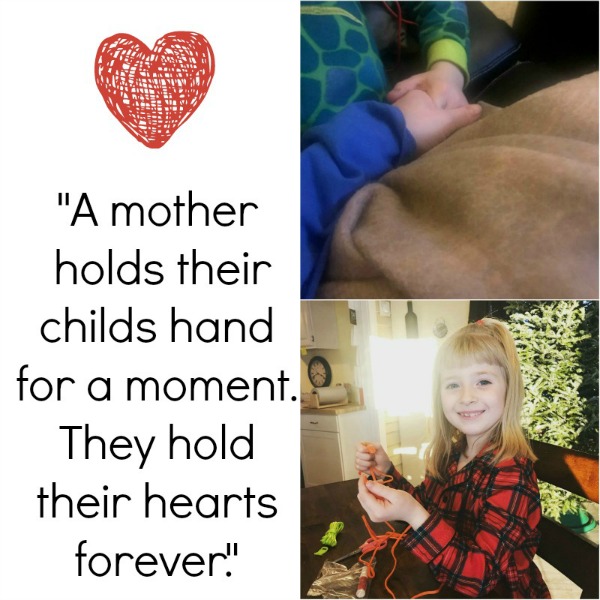I found this article upon my weekly visit to www.parentingnh.ning.com (By the way I’m still a featured blogger on their home page!!) I read this article myself because I know this is in our very near future and I am NOT looking forward to it, the last five mornings my daugther has leaked through her size 5 diaper! I contemplated getting size 6 today while shopping but their is now way my daugther is over 35 lbs. (hey I know she eats all day but she doesn’t weigh that much!) Soooo…..I’m reading tips and talking to other parents to get an idea on the best/easiest way to potty train my daugther. Not sure how this is going to go. So not looking foward to it. Dreading it. Not happy about it. Would rather change diapers than go through this process. Just something else for me to get impatient and angry about. Hating it. Oh did I mention I’m not looking foward to this!!! LOL!!
Potty training made easier
Tips to make it a less frustrating process for parents and child
By Bridget A. Logan, APRN, PhD
In our pediatric urology practice we often see children who have had early success potty training and later regress, or children who did not successfully completely potty train. Here are some tips from our practice that can help guide parents through this sometimes perplexing process.
Start by understanding what is normal. Adults get the urge to void when the bladder is about half full; these early urges can usually be delayed. Urges become increasingly strong, with increased chances of accidents. In children there may be less warning of bladder fullness, so scheduling bathroom trips may be more important. In the United States the window for “normal” potty training is around ages 2 to 4, but the more important factors are that the child expresses interest, is able to mimic, is able to stay dry for several hours/during a nap, and can follow simple instructions. Start with the goal of dry daytimes, then work toward a goal of dry nights.
Poop is important. Poop should be daily and soft (mashed potato consistency). Hard poops that hurt the bum or cause straining can cause a child to hold urine and stool longer, making potty training a more trying process. Soft, daily pooping habits allow for good sensation of bladder urges. Lots of dietary fiber and water will keep poop soft. If poops are hard, discuss this with your child’s primary care provider.
Teach “listen to your body”. Our goal is to teach children to listen to body cues about hunger, thirst, sadness, anger, fatigue, and the need to pee and poop. When you see your child squirming, crossing legs and squatting to suppress bowel and bladder urges, remind him/her to listen to his/her body. It can be hard to listen to body cues when the TV or computer are on, so it may help to turn these off when it is time for a bathroom trip.
Potty training methods should mirror parenting style. Consistency, structure and predictability are key when teaching your child about daily routine, naps and bedtime, toileting habits, behavioral expectations and mealtime expectations. All of these are daily structures created by parents that kids depend on. When kids sense their desires triumph over parental expectations and follow through, all of these daily habits can become a battleground. If the child is argumentative it may be helpful to say “it’s time to pee” every 1½ to 2 hours rather than to ask the child “do you have to pee?”
A child-sized potty helps. The best body position for potty training is with feet on the floor, legs spread wide, pants or pull-up at ankles. Potties at child level allow easy access for your child and a secure feeling while sitting. Pants/skirts with elastic waistbands allow for quick undressing and independence.
Use lots of praise. A hug, a kiss, a word of praise can be given for every effort to sit on the potty (not just successes). Avoid punishment for accidents. Start with praise for sitting on the toilet clothed, progress to sitting to try to poop after meals and peeing when they first wake in the mornings. Progress to cues to pee every 1½ to 2 hours.
Seek help if needed. While many parenting books have excellent sections on potty training, we particularly like The Potty Trainer and Overcoming Bladder and Bowel Problems in Children by Preston Smith. Ask your child’s primary care provider for suggestions if things become difficult.
Bridget A. Logan, APRN, PhD works in the Pediatric Urology department at CHaD, the Children’s Hospital at Dartmouth-Hitchcock. For more information, go to CHaDKids.org.
Last updated by Morgen Thiboult Jul 29, 2011.








